© LBDV / A.Jan
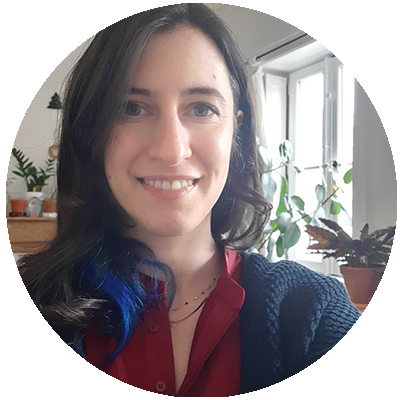
Chiara Sinigaglia
CNRS researcher
After a Master at the University of Padua (Italy), Chiara did her PhD at the Sars Centre for Marine Molecular Biology (University of Bergen, Norway), studying axial patterning mechanisms in the sea anemone Nematostella. She then contributed to establishing Clytia jellyfish as a tractable system to study regeneration, at the Developmental Biology Laboratory of Villefranche-sur-Mer (Sorbonne University, France). She later studied limb regeneration in the crustacean Parhyale hawaiensis at the Institute for Functional Genomics of Lyon (France), before obtaining the ATIP-Avenir lab starting grant. She became a CNRS permanent researcher in 2022.
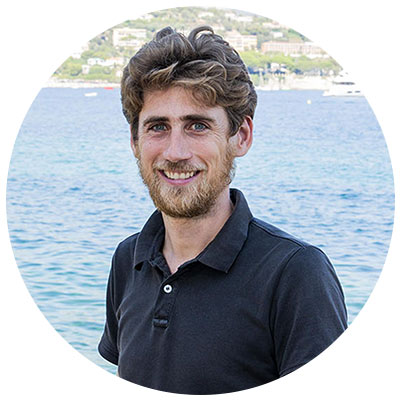
Lucas Leclère
CNRS researcher
Lucas obtained his PhD from Sorbonne University (France), studying life cycle evolution across hydrozoans and contributing to developing Clytia hemisphaerica as a tractable model. During his post-doc at the Sars Centre for Marine Molecular Biology (Bergen, Norway), he studied embryonic development in the sea anemone Nematostella vectensis. He then pursued an independent research program on medusozoan biology and evolution at the Developmental Biology Laboratory of Villefranche-sur-Mer (Sorbonne University, France), becoming a CNRS permanent researcher in 2015. He further obtained his Habilitation in 2021.
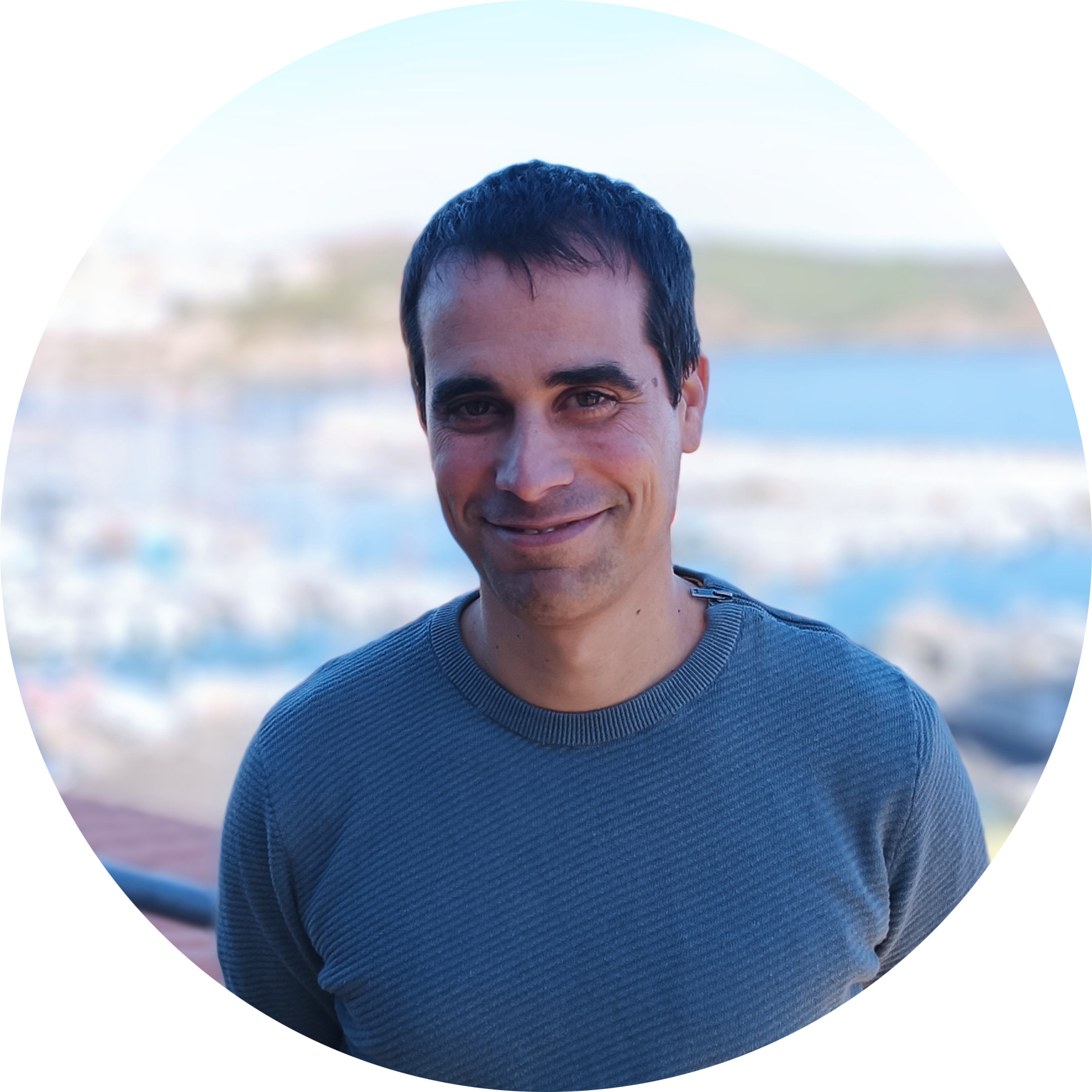
Frédéric Sanchez
CNRS Engineer (IE)
Fred works on the development of new molecular tools for our jellyfish. As a CNRS engineer, he previously focused on plant and algae biology and decided to challenge himself with Clytia and Pelagia.
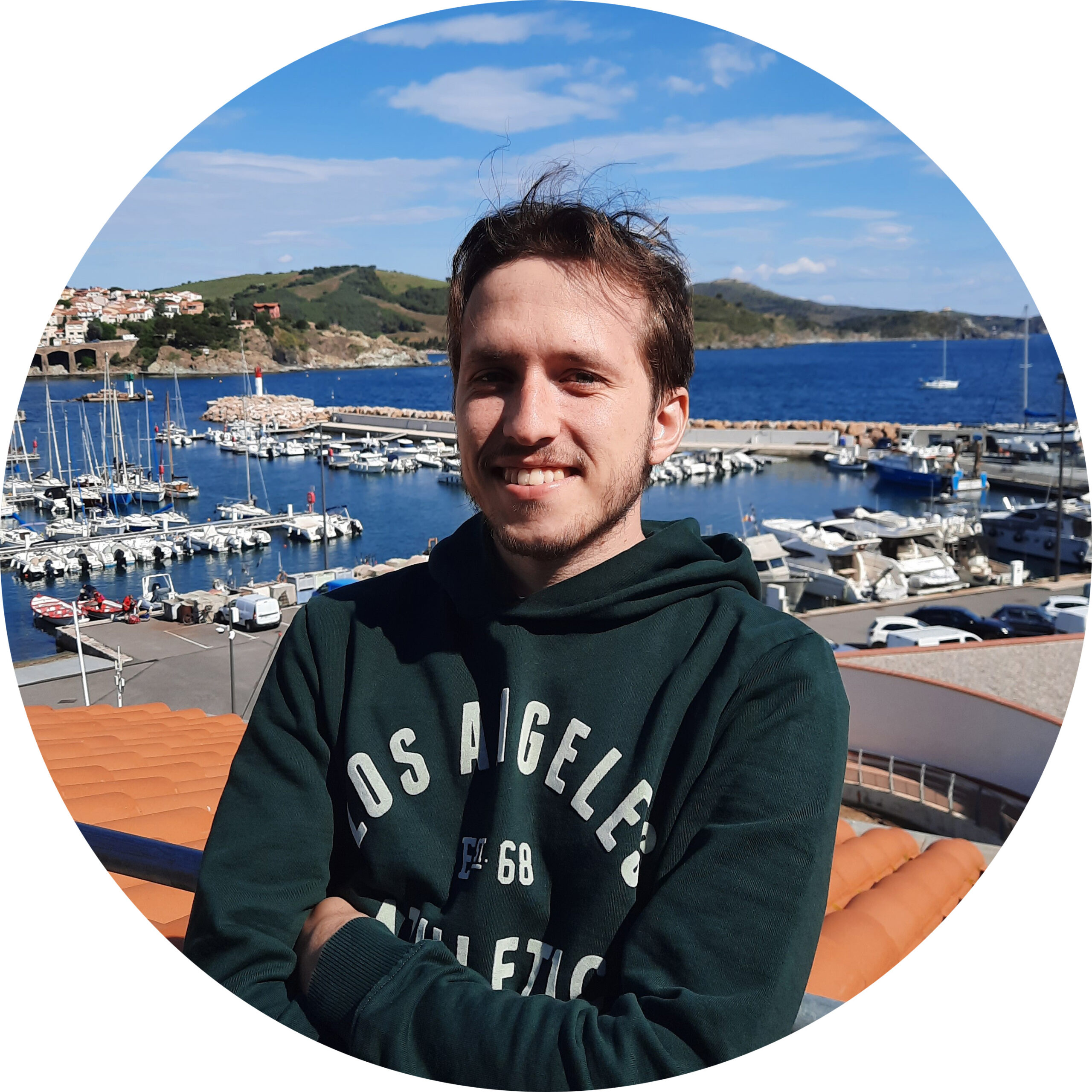
Florian Guillaume
CNRS Research Assistant
Following his Master’s work in the Houliston/Momose lab, Florian recently joined the lab as an Assistant Ingénieur (AI). His position is funded by AFM-Téléthon, and he is currently developing transgenic and knock-out in Clytia.
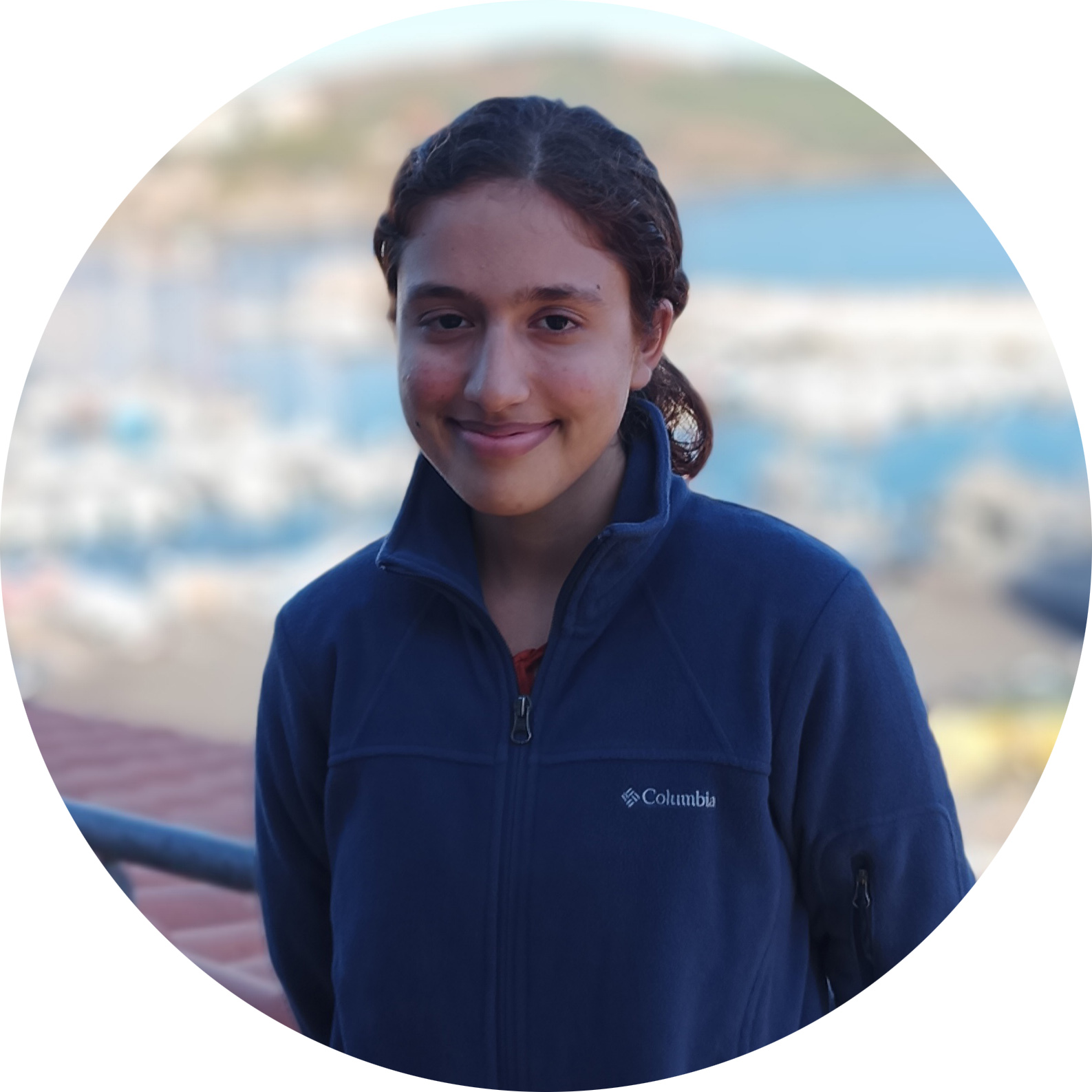
Meghana GC
PhD student

Clara Deleau
PhD student
Clara started her PhD on myogenesis in Pelagia noctiluca. She is also developing transgenesic and knock-out methods on our jellyfish models.

Florian Pontheaux
Postdoc
Florian studies the mechanical regulation of Clytia regeneration. Funded by ATIP-Avenir and AFM-Téléthon, Florian is focusing on live imaging approaches. He obtained his PhD from Sorbonne University, with a project on sea urchin early development.
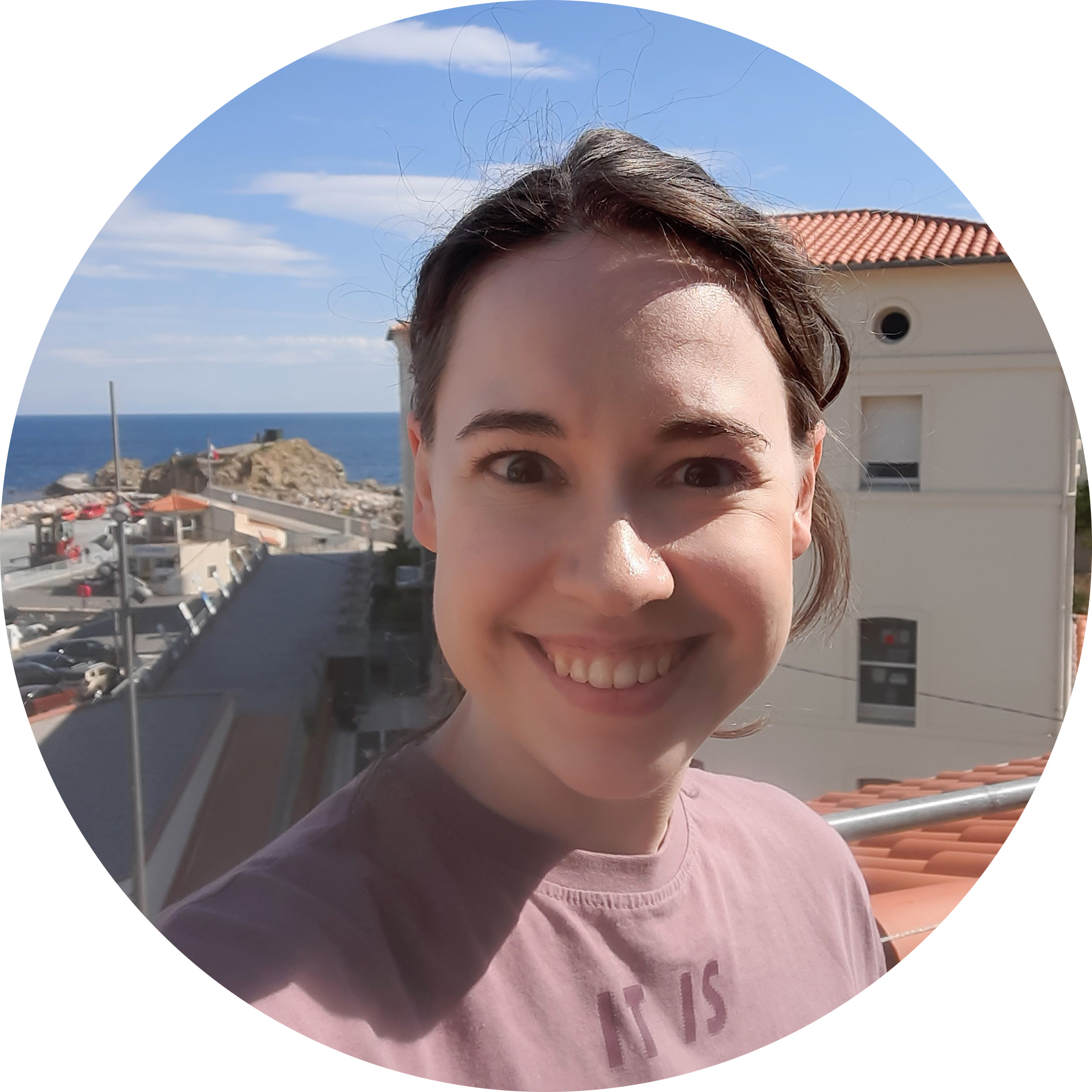
Aleksandra Vetrova
Postdoc
Aleksandra studies the coordination of systemic responses in regenerating Clytia, focusing on the role of the ERK signalling pathway. Sasha obtained her PhD from the Koltzov Institute of Developmental Biology (Moscow), working on canonical Wnt signaling in colonial Hydrozoa. She is funded by the Fondation pour la Recherche Médicale.

Daniel Font-Martin
Postdoc
Daniel obtained his PhD from the University of Barcelona (Spain), studying the role of the Hippo pathway in cellular identity, working with the planarian S. mediterranea. He now focuses on the physical properties of Clytia mesoglea during regeneration, and is specializing in mesoglea extraction. Daniel is funded by the HFSP research grant of the lab.
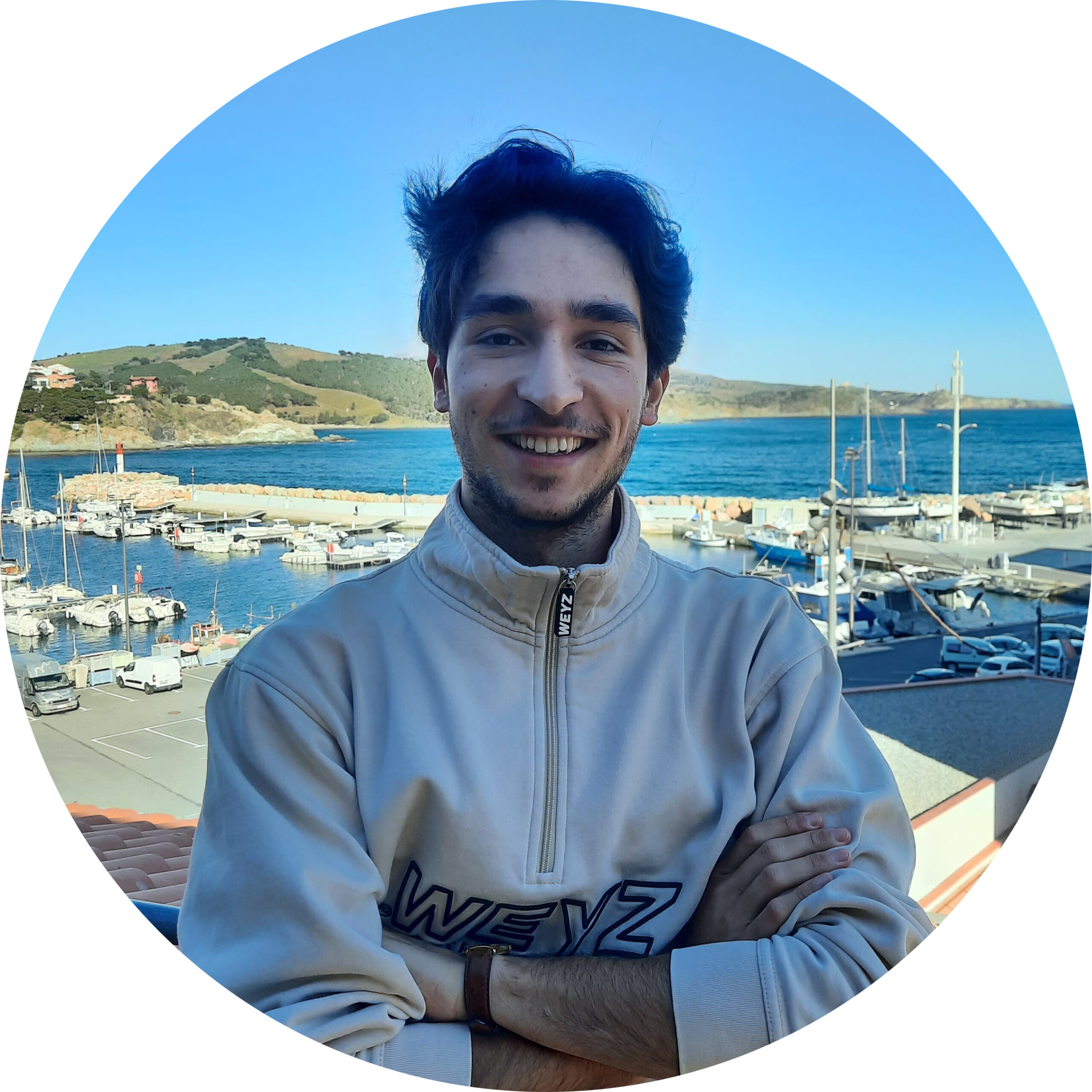
Thomas Gaspar
...SOON PhD
Thomas studied progenitor migration during Clytia medusa regeneration for his master project, and will soon join us again for his PhD, where he will work on the interactions between metabolism and regeneration.
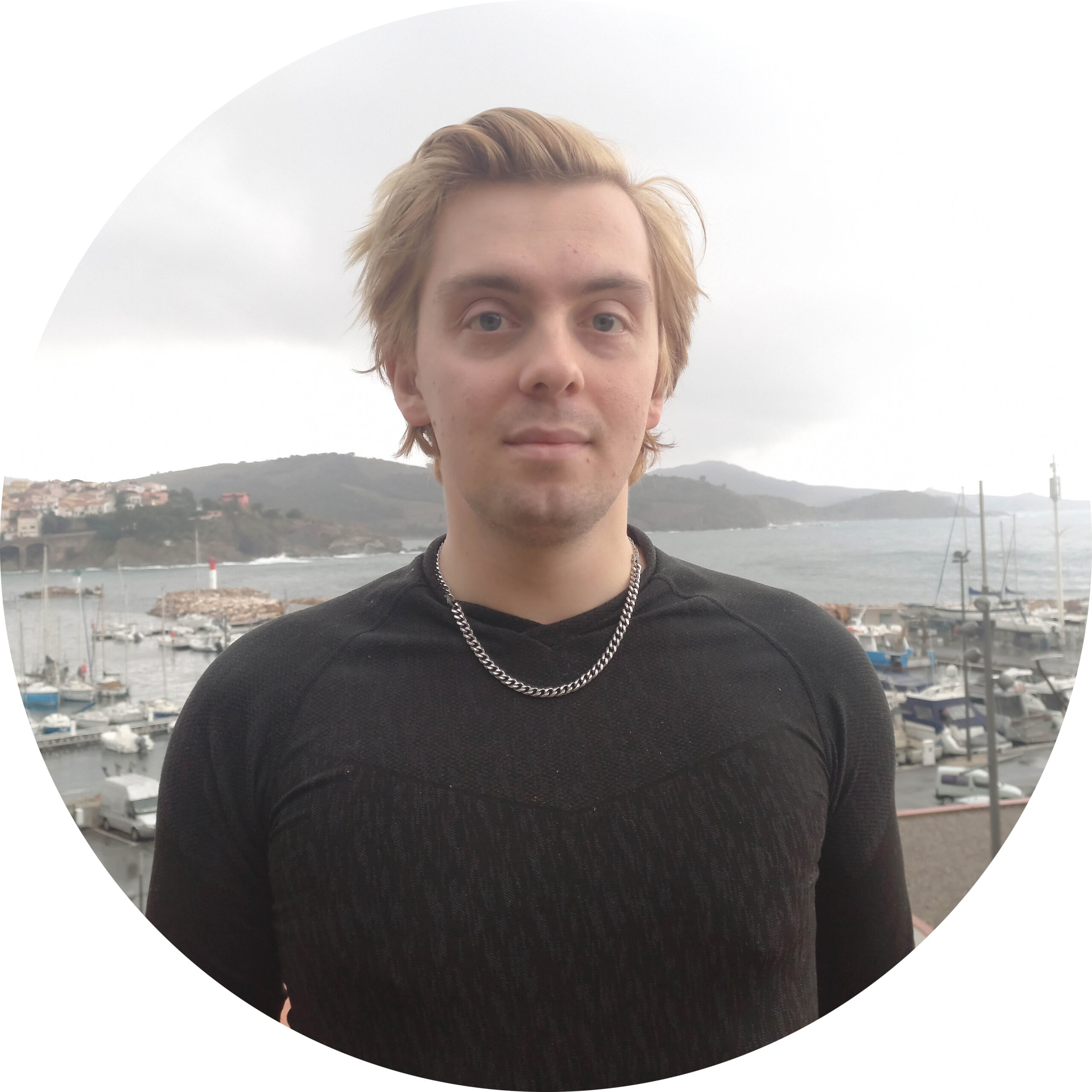
Vasilii Sadovin
Master 2 student
Vasilii is studying the evolution of some muscle genes in medusozoans.
- Bastien Salmon (2021-2025) – PhD student
- Nikolina Martinčić (2024) – Master 2 student, University of Applied Sciences Vienna (Austria) – Erasmus program
- Samaël Aupetit (2024) – Bachelor student, Sorbonne University (France)
- Vita Plaza-Floquet (2024) – Master 1 student, Sorbonne University (France)
- Chris Latimer (2024) – Bachelor student, Halifax University (Canada)
- Valentina Ferrari (2024) – Visiting PhD student, University of Modena & Reggio Emilia (Italy)
- Manon Boosten (2019-2023) – PhD student
- Alix Decobert (2023) – Master 1 student, Sorbonne University (France)
- Capucine Le Cam Ligier (2023) – Master 2 student, La Rochelle University (France)
- Marti Poch (2023) – Bachelor student, Lille University (France)
- May Line Goëb (2023) – Master 1 student, Caen University (France)
- Nicolas Schlick (2021-2022) – Jellyfish facility technician
- Camille Sant (2021-2022) – Bioinformatics engineer
- Linnea de Waal (2022) – Bachelor student, University of Strasbourg (France)
- Achille Villeneuve (2022) – Bachelor student, University of Montreal (Canada)
- Alexandre Jan (2020-2021) – Jellyfish facility technician
